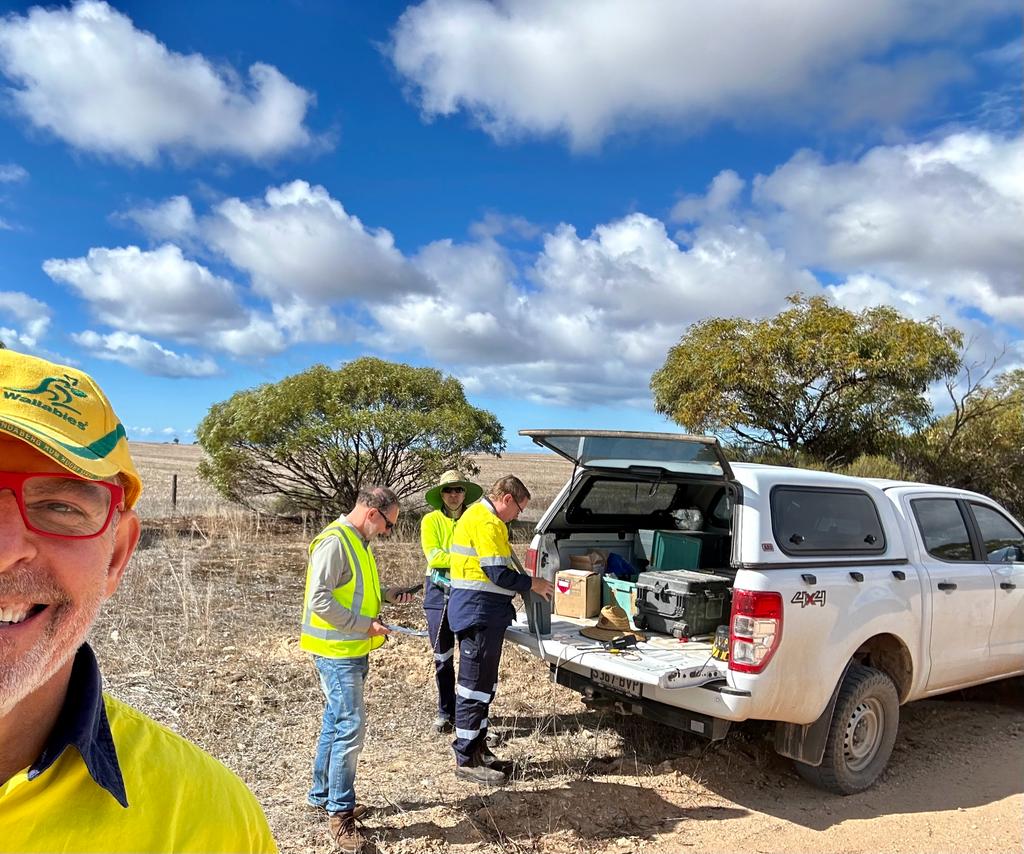From pv magazine Global | via the Hydrogen Stream
CSIRO, Australia’s national science agency, has identified hydrogen seeps in PEL 691, an exploration permit awarded to H2EX in June 2022 in South Australia. “We now focus our attention to mapping the subsurface to identify commercial accumulations of natural hydrogen,” said H2EX CEO Mark Hanna. H2EX will deploy Space Technologies’ passive seismic sensors, with a survey scheduled for the fourth quarter.
The International Energy Agency (IEA) says that low-emission hydrogen represents less than 1% of global production and use, with ongoing low capacity and volumes due to developers awaiting government support amid rising costs. The IEA’s latest report warns of rising expenses threatening project profitability, due to global energy crises, high inflation, and supply chain disruptions. “This confluence of factors is particularly detrimental for an industry that faces high upfront costs related to equipment manufacturing, construction, and installation,” it said. China leads in hydrogen investments, with electrolyser capacity set to triple to 2GW by the end of 2023, with China contributing half.
Verdagy, an electrolyser company, has announced the opening of a new factory in Newark, California. It is set to manufacture advanced water electrolysers at scale in the United States starting in the first quarter of 2024. The company aims to achieve the US Department of Energy’s goal of USD 2/kg of levelised cost of hydrogen by 2026.
This content is protected by copyright and may not be reused. If you want to cooperate with us and would like to reuse some of our content, please contact: editors@pv-magazine.com.








By submitting this form you agree to pv magazine using your data for the purposes of publishing your comment.
Your personal data will only be disclosed or otherwise transmitted to third parties for the purposes of spam filtering or if this is necessary for technical maintenance of the website. Any other transfer to third parties will not take place unless this is justified on the basis of applicable data protection regulations or if pv magazine is legally obliged to do so.
You may revoke this consent at any time with effect for the future, in which case your personal data will be deleted immediately. Otherwise, your data will be deleted if pv magazine has processed your request or the purpose of data storage is fulfilled.
Further information on data privacy can be found in our Data Protection Policy.